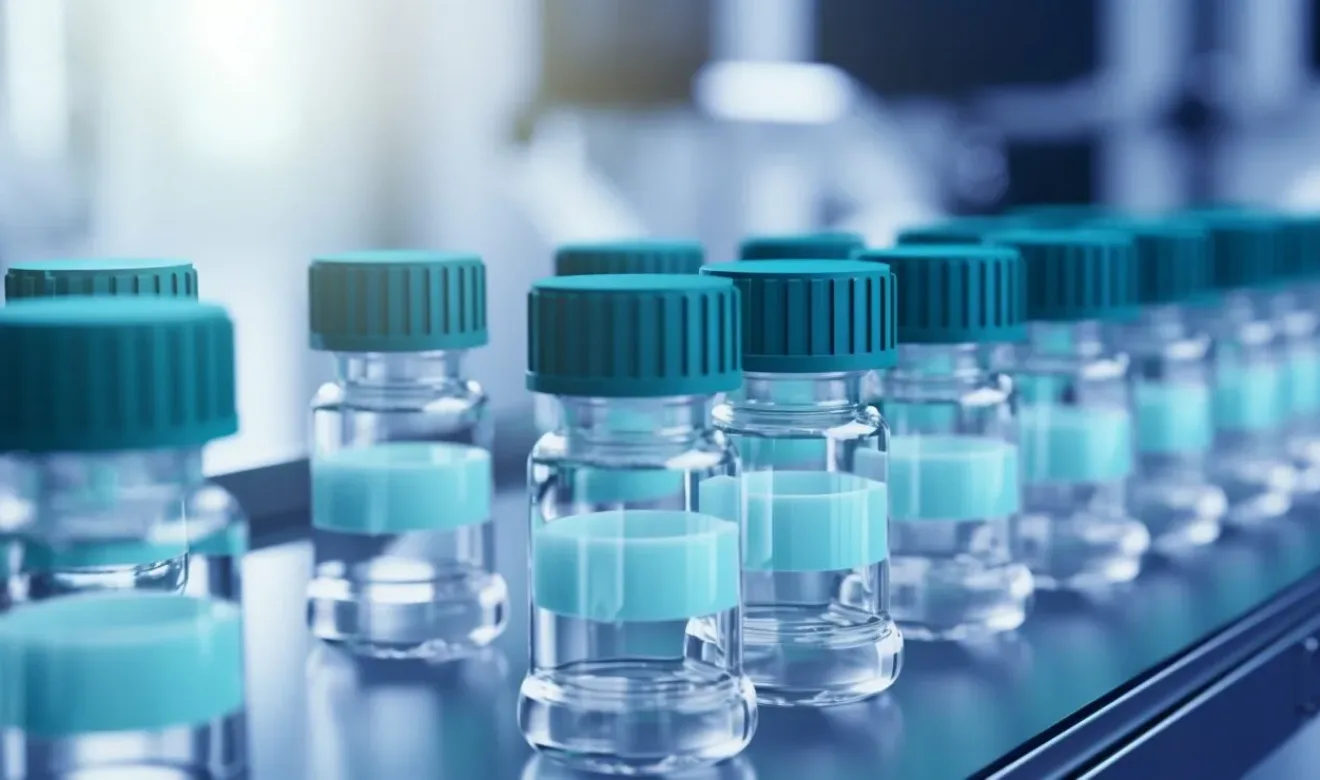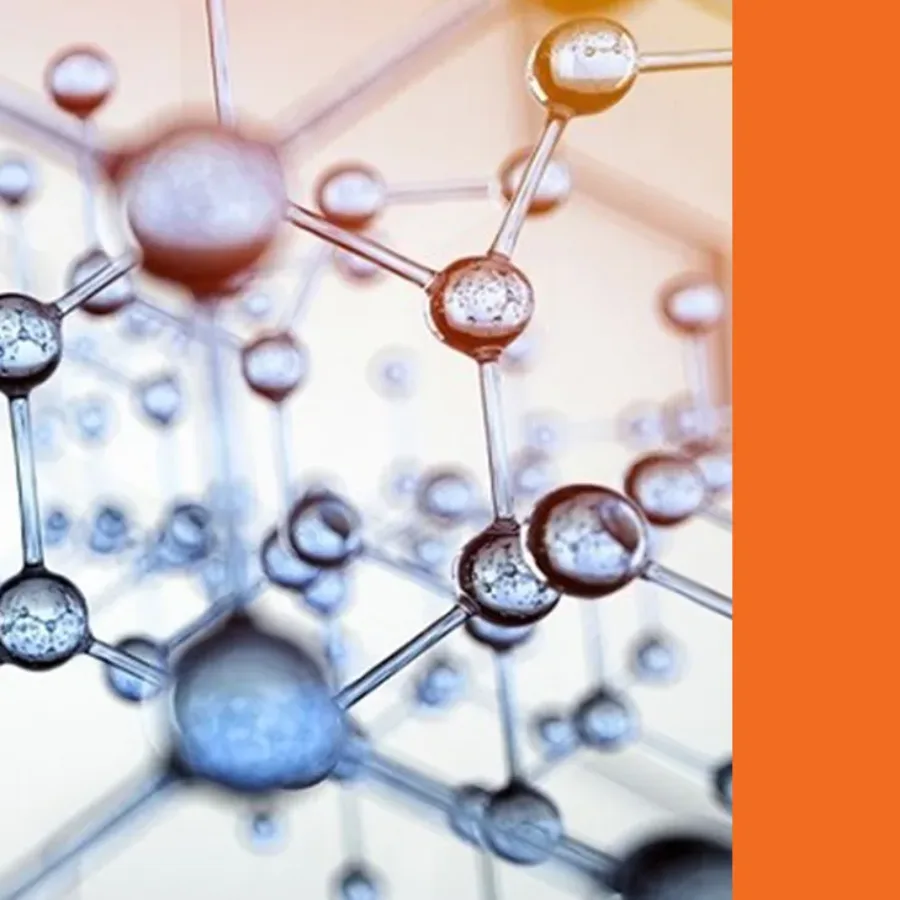
Dose Formulation Analysis Services
KCAS Bio provides expert drug quantitation and method validation for small- and large-molecule compounds across all formulation types. Our team assesses formulation stability and compatibility to support formulation and toxicology studies, while delivering Certificates of Analysis (CoA) and Certificates of Testing (CoT) services with every project.

Your bioanalytical partner for dose formulation services
Dose Formulation Stability, Homogeneity, Purity & Concentration Verification
Accurate verification of formulation stability, homogeneity, purity, and concentration ensures the integrity and reliability of dosing materials. Our scientists confirm API concentration, assess formulation uniformity, evaluate stability under study conditions, and identify vehicle or container interactions.
Analytical Expertise Across Molecule Types and Matrices
A full suite of analytical technologies enables precise characterization of every formulation, including UHPLC-UV, UHPLC-FLD, LC-MS/MS, UV/Vis spectrophotometry, SEC-HPLC, and SoloVPE. Each method is tailored to the compound’s properties and the complexity of its vehicle or matrix, including solutions, suspensions, and solids.
Regulatory Compliance & Rigor
KCAS Bio follows Good Laboratory Practice (GLP) under FDA 21 CFR 58, as accepted by the OECD and Japanese MHLW standards, for dose formulation analysis and stability studies. Our method development, validation, and reporting are designed to be “FDA-ready”, producing eCTD-compliant reports that streamline regulatory submissions.
Fast, Flexible Method Development
Our rapid method development and validation can often be completed in less than 15 days, depending on complexity. Even when API quantities are limited, we develop analytical methods efficiently, helping sponsors maintain momentum through critical preclinical and CMC stages.
What is dose formulation?
Dose formulation refers to the preparation, characterization, and verification of the test article (the active pharmaceutical ingredient or biologic) that will be administered during a study. The goal is to ensure the doses are accurately prepared, homogeneous, and stable so that study results are scientifically valid and regulatory-compliant.
At KCAS Bio, our dose formulation services include:
- Preparation of the test article in the chosen vehicle (for example, solution, suspension, or feed) in accordance with study protocols.
- Analytical verification confirming correct active ingredient concentration, uniform mixing, and stability throughout the dosing period.
- Documentation and reporting in compliance with GLP standards to meet regulatory expectations.
Dose formulation is the bridge between drug substance and in vivo study. It ensures that the administered material truly represents the intended dose, supporting the integrity, reproducibility, and regulatory acceptance of preclinical and clinical study data.

Support your drug development goals with our precision dose formulation services.
Applications of dose formulation in drug development
 Therapeutic Areas
Therapeutic Areas
Oncology: Preparing precise formulations for chemotherapeutics and targeted therapies to ensure accurate dosing in preclinical and clinical studies.
Neurological: Formulating compounds for central nervous system disorders, ensuring appropriate bioavailability and delivery.
Cardiovascular: Developing stable formulations for drugs affecting heart and vascular systems, supporting safety and efficacy testing.
Immunology: Supporting biologics and small molecules for immune-related conditions, including autoimmune and inflammatory diseases.
Infectious Disease: Preparing antiviral, antibiotic, or vaccine formulations for consistent dosing and stability in trials.
Rare Diseases: Custom formulation for specialized therapeutics where small patient populations require highly controlled dosing.
 Phases of Drug Development
Phases of Drug Development
Discovery: Early formulations to support lab and animal studies, assess solubility and stability, and explore optimal routes of administration.
Preclinical: Scalable, consistent formulations for safety, efficacy, and PK/PD studies, including stability testing and route-specific dosing.
Capabilities and assays for dose formulation
At KCAS Bio, our dose formulation analysis services merge scientific expertise with cutting-edge analytical technology. From verifying concentrations and assessing stability to ensuring vehicle compatibility and GLP-compliant method validation, we provide reliable, submission-ready data to support every stage of preclinical and clinical development.
Concentration Verification and Homogeneity Testing
KCAS Bio ensures accurate dose formulation concentrations and uniform distribution across single or multi-dose preparations. Using LC-MS/MS, UHPLC-UV, and UHPLC-FLD, our CRO confirms consistent sample quality for reliable preclinical and clinical dosing.
Formulation Stability and Purity Assessment
Our scientists evaluate both short- and long-term formulation. HPLC-UV, SEC-HPLC, and forced degradation studies provide comprehensive insight into formulation performance under relevant storage and study conditions.
Vehicle and Container Compatibility Testing
KCAS Bio tests drug-excipient interactions and container-closure compatibility to determine adsorption, leachables or formulation instability.
GLP-Compliant Method Development and Validation
We develop and validate robust methods under GLP-compliant frameworks for small and large molecules. Platforms like Shimadzu UHPLC and Repligen SoloVPE enable precise, reproducible quantitation.
Regulated Dose Formulation Studies
KCAS Bio executes regulated nonclinical dose formulation studies across solutions, suspensions, and complex matrices. Our eCTD-ready reports provide clear, submission-ready data to support preclinical and clinical programs efficiently.
Analytical Verification
We employ techniques such as UHPLC-UV, UHPLC-FLD, and LC-MS/MS to assess the purity and stability of the drug and formulation at study concentrations.
Documentation and Reporting
KCAS Bio provides Certificates of Analysis (CoA) and Certificates of Testing (CoT), offering detailed documentation of the analytical results to support regulatory filings and study reports.
Technology and instrumentation for dose formulation services
At KCAS Bio, our dose formulation services leverage cutting-edge technology and state-of-the-art instruments to ensure precise, reliable, and regulatory-compliant analysis across a wide range of drug types and formulations.
Why work with KCAS Bio?
Full-Service Bioanalysis
Dose formulation and method validation for small molecules, peptides, proteins, siRNA, antibodies, and antibody-drug conjugates.
Regulatory Expertise
Robust method development and validation under GLP/OECD standards. Professional eCTD FDA-ready GLP study reports.
Cutting-Edge Technology
UHPLC-UV, UHPLC-FLD, LC-MS/MS, UV/Vis spectrophotometry, SEC-HPLC, and SoloVPE instrumentation enable highly sensitive and precise quantitation.
Flexible, Customized Workflows
Homogeneity, concentration verification, stability, and compatibility testing under a cohesive, stepwise workflow.
Broad Sample Type and Matrix Expertise
Flexibility with challenging formulations and limited API.
Rapid Turnaround Times
Responsive, sponsor-oriented service specific to each sponsor’s goals and timelines, delivering high-quality data quickly.
Dose Formulation FAQs
What is Dose Formulation Analysis and why is it important?
Dose Formulation Analysis involves verifying the concentrations of dosing formulations used in preclinical toxicology studies. It ensures that the correct doses are administered, which is essential for accurate toxicokinetic assessments and regulatory submissions.
What types of formulations can KCAS Bio analyze?
KCAS Bio has experience with all types of formulations, including solid oral, semisolid, liquid, and medicated feeds. We are skilled in analyzing dose form suspensions, solutions, capsules, and feed.
How does KCAS Bio ensure the accuracy of dose formulations?
Our scientific experts develop and validate analytical methods tailored to your study requirements. We perform formulation analysis, concentration verification, homogeneity testing, and assess stability and purity at study concentrations.
What regulatory guidelines does KCAS Bio follow for DFA?
We comply with the US Food and Drug Administration (FDA) Good Laboratory Practice (GLP), as accepted by regulatory authorities such as the Organization for Economic Cooperation and Development (OECD) and the Japanese Ministry of Health, Labor and Welfare (MHLW).
Can KCAS Bio perform homogeneity and stability studies?
Absolutely. We conduct homogeneity, compatibility, and in-use stability studies to ensure the consistency and reliability of your formulations.
How does KCAS Bio handle formulation stability studies?
We perform GLP formulation stability studies in parallel with dose formulation studies, covering each test method across all dose form studies. We assess the longest storage time across studies and all formulation storage/shipping temperatures.
What is the process for developing and validating analytical methods for DFA?
Developing and validating analytical methods involves several critical steps:
- Method Development: Identifying optimal parameters for separating, detecting, and quantifying the drug within the formulation matrix.
- Method Validation: Establish linearity, accuracy, precision, specificity, limit of quantitation, diluted sample stability and room temperature-to-frozen condition evaluations to ensure reliable performance during sample analysis.
What analytical techniques does KCAS Bio utilize for DFA?
We employ various analytical techniques, including UHPLC-UV, UHPLC-FLD, LC-MS/MS, UV/Vis spectrophotometry, and SoloVPE to quantitatively analyze formulations.
Can Certificates of Analysis (COA) be provided?
Yes, GLP-compliant Certificates of Analysis can be generated for APIs, metabolites, or internal standards. These certificates include analyses such as HPLC purity, endotoxin testing, pH, appearance, UV protein content and mass confirmation, which are essential for ensuring the quality and integrity of the substances used in GLP studies.
Does KCAS Bio offer method development with limited API during the CMC stage?
Yes, we offer method development with limited Active Pharmaceutical Ingredient (API) during the Chemistry, Manufacturing, and Controls (CMC) stage.
Can KCAS Bio assist with troubleshooting issues identified during DFA?
Yes, KCAS Bio offers consultative services to address and troubleshoot formulation issues uncovered during DFA. Leveraging our extensive experience, we provide recommendations for formulation optimization, method adjustments, and strategies to properly assess formulation stability and homogeneity.
Additional resources
 Blogs
Blogs
Dose Formulation Analysis is an essential step in regulated nonclinical studies. Robust analytical methods, rapid turnaround, and efficient communication helps ensure the dose form results for your GLP studies are delivered on time. At KCAS Bio, our scientific expertise allows us to develop methods that achieve…
 Blogs
Blogs
Preclinical formulation analysis supports toxicity studies before and after the investigational new drug application (IND). Multiple analytical studies support drug development progression beyond the IND stage. KCAS Bio performs analytical studies for a variety of clients. How Does KCAS Bio Perform Preclinical Formulation Analysis? KCAS Bio has completed numerous studies…

Tell us how we can help with your project
We've earned our reputation for delivering reliable, error-free data. We understand the importance of speed, flexibility, and consistency and only make promises we can keep.